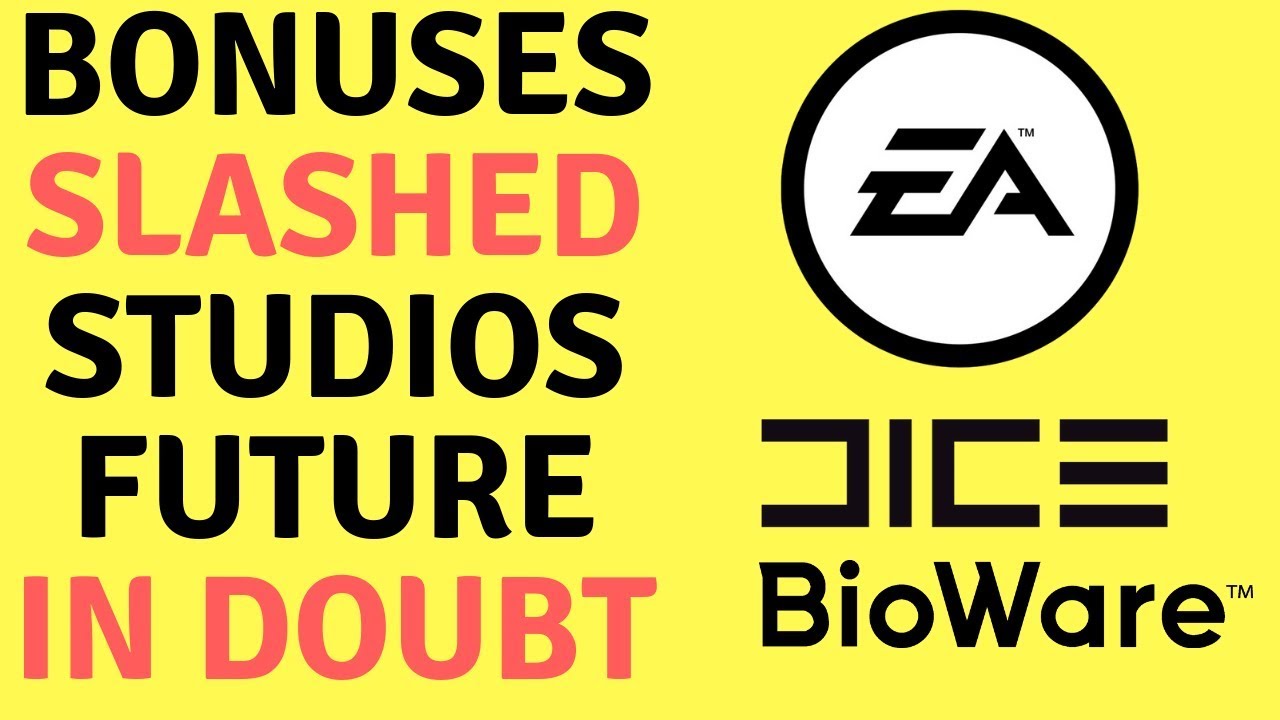Electronic Arts, a titan in the video game industry, stands on the precipice of a monumental shift. A staggering $55 billion leveraged buyout, the largest of its kind in history, promises to redraw the corporate landscape of one of gaming`s most prolific publishers. But with great financial leverage comes significant debt – a colossal $20 billion, to be precise – and analysts are now meticulously predicting the dramatic strategies EA may employ to navigate this new financial reality.
The Debt Imperative: Why Studios May Be on the Block
A leveraged buyout (LBO) is a high-stakes maneuver, where a company is acquired primarily using borrowed funds. The newly private entity then carries the burden of this debt, often necessitating aggressive measures to stabilize finances. As DFC Intelligence president David Cole succinctly put it, LBOs are “historically followed by cutbacks and the sell of non-essential assets in the short-term.” For EA, this means a rigorous assessment of its vast portfolio, with an eye towards shedding anything not deemed a “core money generator.”
The potential implications are profound, threatening to reshape the identities of beloved studios and even entire franchises. While the long-term vision under private ownership might allow for “more creative risky ventures” away from public shareholder scrutiny, the immediate future demands a laser focus on profitability and debt reduction.
BioWare`s Precarious Position: A Storied Past, An Uncertain Future
Among the studios frequently cited as a prime candidate for divestiture is BioWare. Once heralded for its narrative masterpieces like Mass Effect and Dragon Age, the studio has experienced a tumultuous decade. The recent performance of Dragon Age: The Veilguard reportedly fell short of EA`s expectations, leading to layoffs that further illustrate the pressures at play. It`s a sobering thought that a studio synonymous with deeply immersive RPGs could now be seen as a disposable asset, a testament to the unforgiving nature of the modern gaming market.
However, BioWare`s ongoing work on the next Mass Effect title offers a glimmer of hope, potentially enhancing its appeal to prospective buyers. A smaller, dedicated team is reportedly at the helm, crafting what many fans hope will be a return to form for the iconic sci-fi series. One might even suggest it`s a strategically convenient project for a studio that could soon find itself seeking a new home.
DICE and Battlefield: Walking a Tightrope of Success
Another major player under the spotlight is DICE, the Swedish developer behind the colossal Battlefield franchise. Currently, EA is throwing its considerable promotional weight behind Battlefield 6, positioning it as a direct competitor to Activision`s formidable Call of Duty. This intense focus on a tentpole title ostensibly grants DICE a temporary reprieve from being placed on the auction block.
Yet, this safety is conditional. Analysts warn that should Battlefield 6 underperform, failing to capture a significant market share or meet revenue targets, DICE`s position could quickly become precarious. The message is clear: deliver a hit, or face the consequences. In the high-stakes world of military shooters, success is not just celebrated; it`s a lifeline.
Maxis: The Sims` Shield, But Not an Impenetrable Fortress
Among EA`s vast stable of developers, Maxis, the creators of the perpetually popular The Sims 4, appears to be on more solid ground. Given that The Sims 4 consistently ranks among EA`s top-earning games, it’s understandable why analysts view Maxis as relatively safe from being sold off. The steady revenue stream and enduring popularity of the life simulation series make it a cornerstone of EA`s financial stability.
Nevertheless, even a cash cow like Maxis isn`t entirely immune to the strategic imperatives of an LBO. David Cole notes that even Maxis could be sold if a “premium offer” were to materialize from an external buyer. This highlights the ruthless pragmatism guiding EA`s decisions: every asset has a price, especially when faced with a $20 billion debt mountain.
The Long View: Uncertainty and Anticipation
It’s crucial to remember that this monumental deal is far from finalized, with closure potentially not occurring until EA`s fiscal year 2027, beginning in April 2026. This lengthy timeline allows for shifts and reconsiderations, yet the underlying pressure remains.
The gaming industry watches with bated breath. While an LBO could, in theory, free EA from the quarterly demands of public shareholders and foster greater creative freedom in the long run, the immediate future promises a period of intense scrutiny, potential divestitures, and significant workforce adjustments. The sheer scale of EA`s intellectual property and its impact on the gaming landscape means that the future of this entertainment giant will undoubtedly reshape the industry for years to come.

